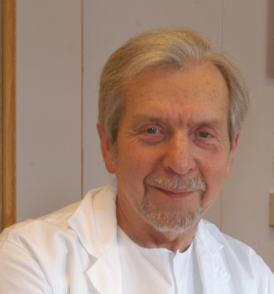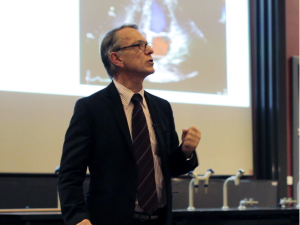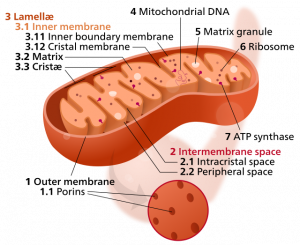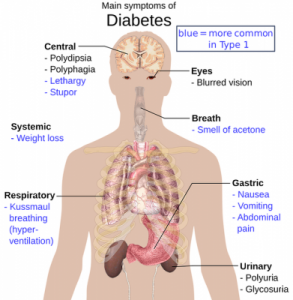Oxidative stress. A new study shows that selenium supplementation together with Coenzyme Q10 supplementation reduces the levels of systemic oxidative stress in the body. In the study, the reduction of systemic oxidative stress is significantly associated with a reduction in the risk of death from cardiovascular diseases [Dunning & Alehagen 2023].

Oxidative stress: An imbalance of harmful free radicals vis-à-vis protective antioxidants leads to oxidative damage to DNA, lipids, and proteins in the body and to a disruption of redox signaling processes in the cells [Dunning & Alehagen 2023].
In a 2023 KiSel-10 sub-analysis, Prof. Urban Alehagen and his research colleagues investigated the level of free thiols in the serum of elderly study participants taking 200 mcg of selenium and 200 mg of Coenzyme Q10 daily for 48 months [Dunning & Alehagen 2023].






 This is the conclusion of researchers who conducted a relatively large cohort study of patients with diabetes with a long follow-up period. They analyzed the data from 3199 American adults with type-2 diabetes; the average follow-up period was 12.6 years [Qiu 2021].
This is the conclusion of researchers who conducted a relatively large cohort study of patients with diabetes with a long follow-up period. They analyzed the data from 3199 American adults with type-2 diabetes; the average follow-up period was 12.6 years [Qiu 2021].